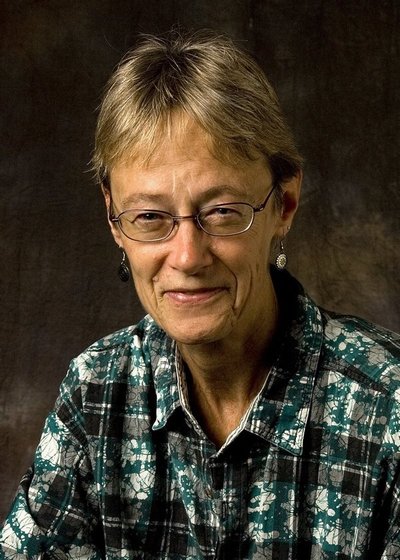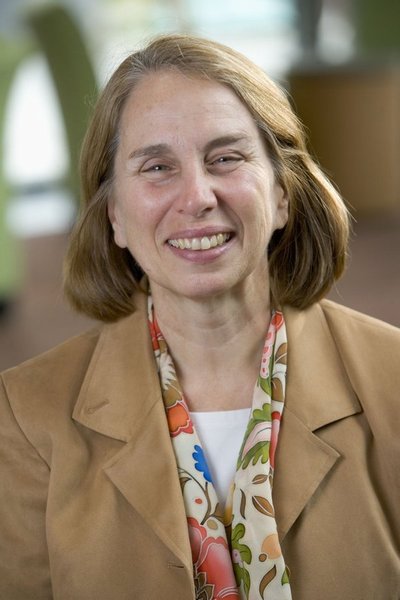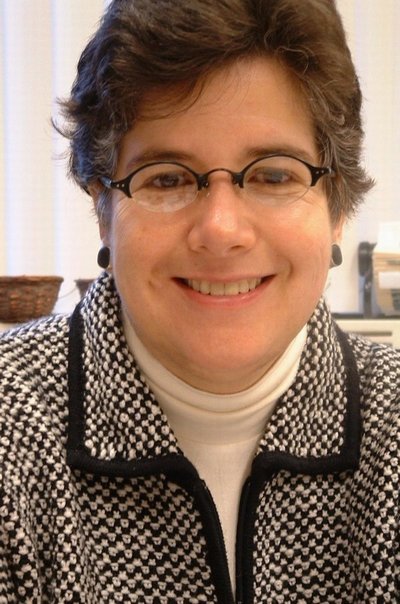February 19, 2009
Feminism in academic administration the topic of Feb. 25 panel
Three longtime UW administrators will gather to talk about how their feminist principles play out in their work in a roundtable next week sponsored by the Women Studies Department.
The event will be from 3:30 to 5 p.m. Wednesday, Feb. 25, in 303 Electrical Engineering. Judy Howard, the divisional dean for social sciences in the College of Arts and Sciences and Susan Jeffords, the vice chancellor for academic affairs at UW Bothell, are both former chairs of Women Studies and adjunct professors in the department. Ana Mari Cauce is the dean of A&S and also an adjunct in Women Studies.
The event is one of a series of roundtables featuring adjuncts in the department. “We have an amazing group of adjuncts and it’s hard to keep in touch with them,” said Women Studies Chair David Allen. “The series is one way of doing that.”
The idea of doing a panel on feminist academic administration came out of a talk Howard did a couple of years ago at the American Sociological Association as part of a panel on the role of feminism in academic careers. She told Allen about it and he took it from there.
So does being a feminist influence what one does as an administrator? For Jeffords, it’s all about power. “As you move from one position to another in the academy,” she said, “you need to pay attention to power dynamics — who is excluded from power and how the institution reflects power relationships. Then consider what you can do to change those power relationships and/or to help others understand them.”
Women, Jeffords said, are in an ideal position to observe power relationships because they are likely to have experienced what it’s like to be excluded from power, and they bring that experience when they become leaders.
It’s that background, Howard said, that has likely led to the notion that women have a different style of leadership. “As a sociologist, I have a knee jerk reaction to the idea of essentialism — that women have a different leadership style just because they’re women. To the degree they do, I think it’s because they’ve had different experiences getting there.”
Both women noted that other groups have had the same experience of being excluded from power as women have. “Feminism isn’t just about women,” Howard said. “It’s broader than that. It’s a commitment to social justice.”
All three women emphasized that that commitment can’t be abandoned because of the difficult budgetary situation. “I think we have a greater responsibility to think of those who are the most negatively affected by tough economic times and to make sure they still have a place in this public institution,” Jeffords said.
Although many gains have been made, the women noted that there are still more women in nontenured positions and more women at the assistant professor rank than at associate or full professor. Howard said she is particularly troubled by the fact that although there are now women in top administrator roles, there are still relatively few serving as department chairs.
“If, as an administrator, you think about the work force and the positions where women are clustered,” Cauce said, “it may not change the decision you have to make given the budget, but it’s important to ask the question.”
Raising questions is often how feminism plays out in action, the women say. Jeffords said she’s often been in meetings where certain ideas or claims are being discussed and she points out how things might look from the point of view of the people proposing those ideas. “Often, someone will say, ‘I never thought of it that way,’ and the conversation changes. I learned that from feminism, that things look different depending on where you’re positioned.”
Howard said she tries to think about historic patterns of inequality, and that when personnel matters are brought to her, she tries to think of the pattern that predates the individual.
Cauce said she works hard to be inclusive and to bring all kinds of people to the table. Each month, she makes a point of having lunch with what she calls a random group of faculty. “I use them as my sounding board,” she said.
Administrators, Cauce said, are in danger of becoming isolated, distant from the real work of the faculty, and she tries hard to counteract that.
Which is part of what Allen hopes to accomplish with the roundtable. “These are three amazing administrators,” he said. “In this kind of environment, it’s easy to position administrators as the enemy. This should remind us that they are us, not some alien species.”
The roundtable is free and open to the public.





